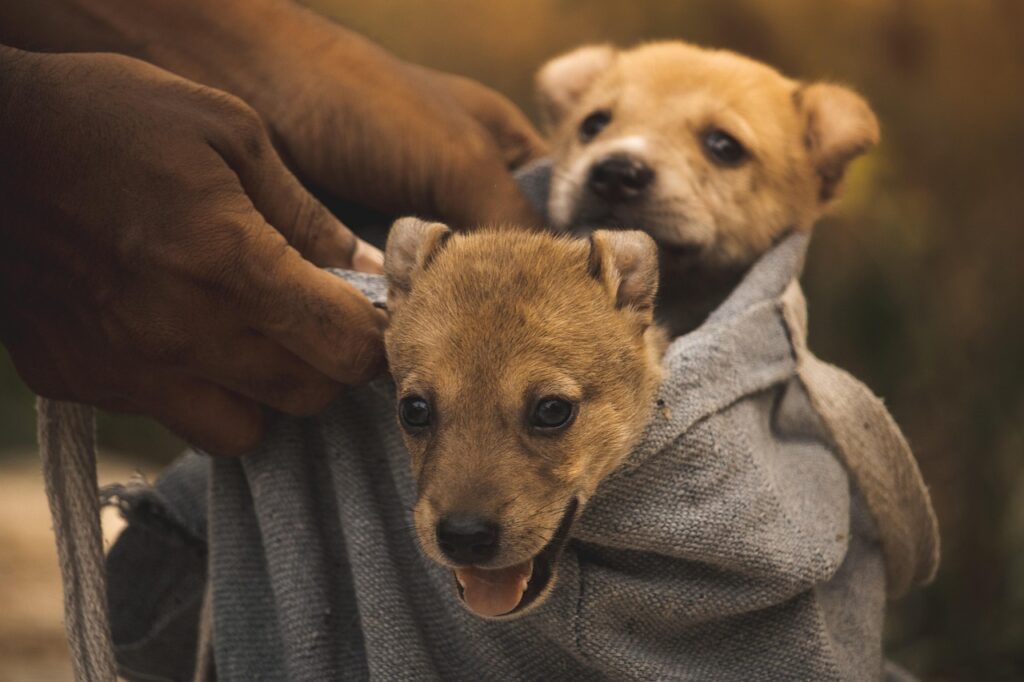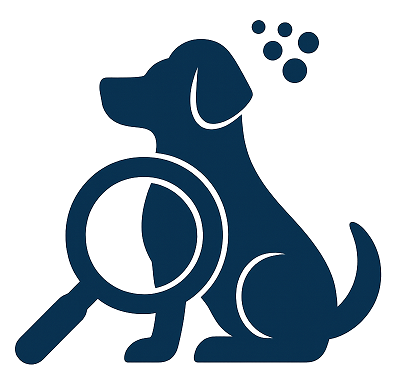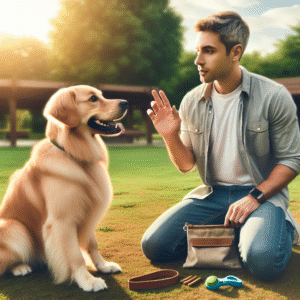
Bringing a new puppy into your home is a joyful experience, but it also comes with significant responsibilities, one of which is ensuring your puppy is well-socialized. Socialization is a critical aspect of a puppy’s development and involves introducing them to a variety of experiences, people, and other animals in a positive manner. Proper socialization helps your puppy grow into a well-adjusted, confident adult dog. This article discusses effective tips for socializing your puppy successfully.
Understanding the Importance of Socialization
Socialization is not just about having your puppy meet other dogs or people. It’s about exposing them to a wide array of environments, noises, textures, and situations. The goal is to help them become comfortable and non-reactive in diverse scenarios. Proper socialization can prevent behavioral problems such as fear, anxiety, and aggression, and can also improve your dog’s ability to adapt to new experiences throughout their life.
The Critical Socialization Period
The most crucial period for socialization is between 3 and 14 weeks of age. During this time, puppies are most open to new experiences and less likely to be fearful. After this period, it becomes progressively more challenging to introduce new concepts, so it’s important to make the most of this window.
Effective Tips for Socializing Your Puppy
Create Positive Experiences
Always associate new experiences with positive outcomes. Use treats, praise, and affection to reinforce good behavior. If your puppy is nervous about a new situation, don’t force them; instead, encourage them gently and reward even small steps towards engagement.
Introduce Diverse Environments
Expose your puppy to a variety of environments. Take them for walks in parks, busy streets, quiet neighborhoods, and anywhere else they might encounter different sights, sounds, and scents. Ensure each outing is a pleasant experience by keeping sessions short and positive.
Meet Different People
Invite friends and family of different ages, sizes, and appearances to interact with your puppy. This helps them understand that people come in various shapes and forms. Encourage guests to offer treats and play gently with your puppy.
Encounters with Other Animals
It’s essential for your puppy to meet other dogs, but ensure these dogs are vaccinated and friendly. Puppy classes or playdates with other vaccinated puppies can be a great way to facilitate these interactions. Remember to monitor play to ensure it remains friendly and non-threatening.
Exposure to Various Sounds
Introduce your puppy to different sounds, such as doorbells, vacuums, and traffic noises. Start with low volumes and gradually increase as your puppy becomes more comfortable. Sound desensitization can prevent noise-related anxieties later in life.
Handling and Grooming
Get your puppy accustomed to being handled. Practice touching their paws, ears, and mouth gently. This will make vet visits and grooming sessions less stressful. Reward them during and after handling to ensure they associate it with positive experiences.
Ensuring Safety During Socialization
Vaccination and Health Precautions
Before exposing your puppy to other animals or public places, ensure they are up-to-date on their vaccinations. Consult with your veterinarian to understand which environments are safe during your puppy’s vaccination schedule.
Recognizing Stress Signals
Learn to recognize signs of stress in your puppy, such as yawning, lip licking, or avoiding eye contact. If your puppy shows signs of distress, remove them from the situation and try again later. Gradual exposure is key to successful socialization.
Common Challenges and How to Overcome Them
Fear and Anxiety
If your puppy shows fear towards new experiences, take a step back and introduce the stimulus at a more manageable level. Use positive reinforcement and patience. Never punish a fearful response, as this can worsen anxiety.
Lack of Interest
Some puppies may seem indifferent to new experiences. In such cases, find what motivates them, whether it’s treats, toys, or affection, and use it to encourage exploration and interaction.
Overexcitement
An overly excited puppy can be just as challenging as a fearful one. Teach basic commands like “sit” and “stay” to help manage their excitement, and reward calm behavior.
Long-Term Benefits of Socialization
A well-socialized puppy is more likely to grow into a confident and well-mannered adult dog. They will be better equipped to handle new experiences, interact positively with other animals and people, and adapt to changes in their environment. This can lead to a more fulfilling life for both you and your dog.
Conclusion
Socializing your puppy is a vital part of their development, requiring time, patience, and consistency. By following these tips, you can help your puppy grow into a well-adjusted, confident adult dog. Remember, the foundation you lay during your puppy’s early weeks will impact their behavior and happiness for the rest of their life. Enjoy this time with your puppy, and make the most of the opportunity to shape their future positively.
“`
#ChatGPT assisted in the creation of this article.















